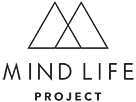Mindful In May Encore 2021 | Day 8
Day Eight
DAY 8: Dr Elise Bialylew interviews Matthieu Ricard
Video Objectives About Matthieu Ricard Video Objectives
You’ll learn:
- An inspiring story of how Matthieu moved from science to meditation and what he learned through long-term silent meditation retreats.
- How meditation can support greater happiness in your life.
- The scientific research supporting the benefits of meditation.
- A new way of thinking about your “self” that frees you from unnecessary suffering.
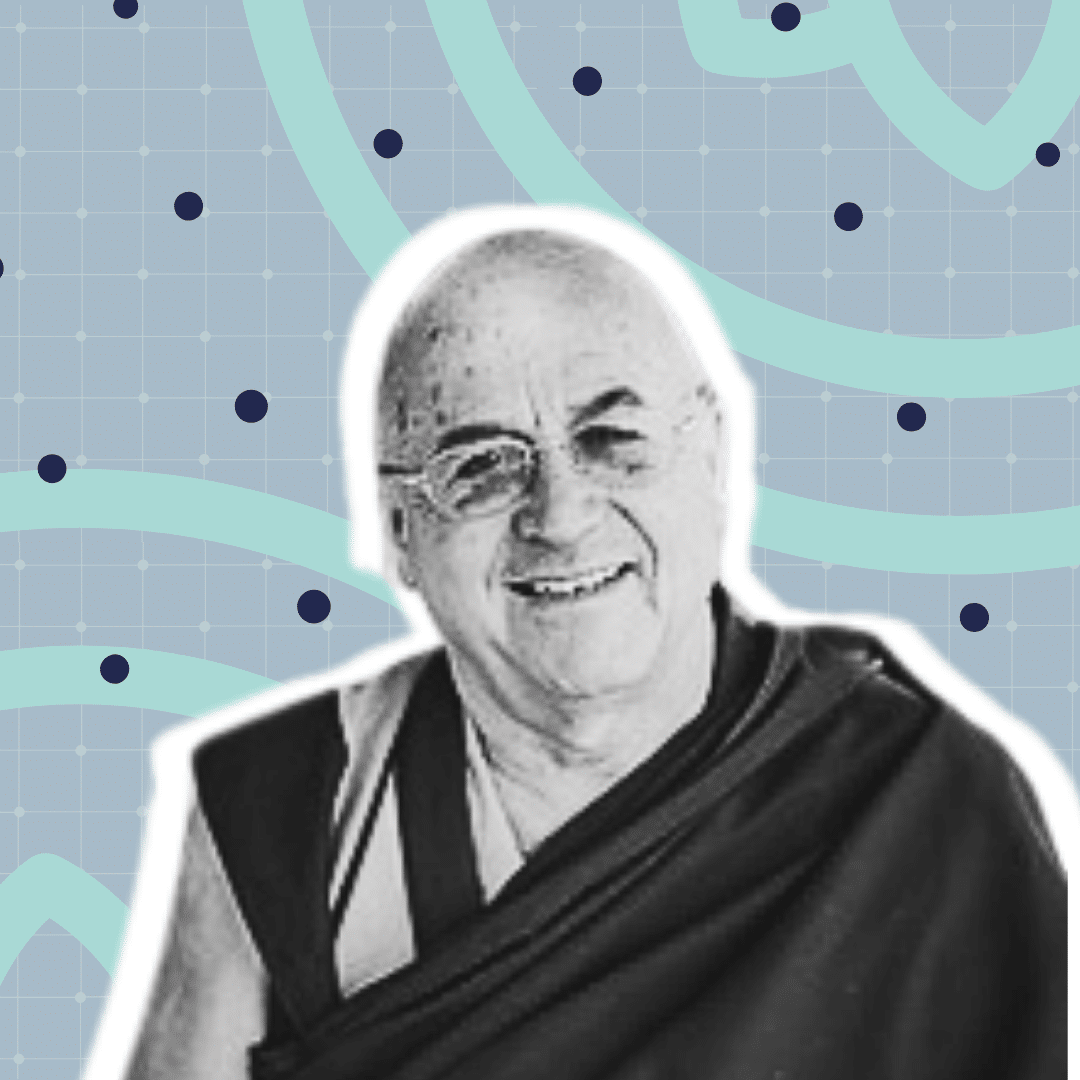 Matthieu Ricard is a French writer, photographer, translator and Buddhist monk who resides at Shechen Tennyi Dargyeling Monastery in Nepal. Matthieu Ricard grew up among the personalities and ideas of French intellectual circles. He received a PhD degree in molecular genetics from the Pasteur Institute in 1972. He then decided to forsake his scientific career and instead practice Tibetan Buddhism, living mainly in the Himalayas. Ricard is a board member of the Mind and Life Institute. He received the French National Order of Merit for his humanitarian work in the East with Karuna-Shechen, the non-profit organization he co-founded in 2000 with Rabjam Rinpoche. Since 1989, he has acted as the French interpreter for the 14th Dalai Lama.
Matthieu Ricard is a French writer, photographer, translator and Buddhist monk who resides at Shechen Tennyi Dargyeling Monastery in Nepal. Matthieu Ricard grew up among the personalities and ideas of French intellectual circles. He received a PhD degree in molecular genetics from the Pasteur Institute in 1972. He then decided to forsake his scientific career and instead practice Tibetan Buddhism, living mainly in the Himalayas. Ricard is a board member of the Mind and Life Institute. He received the French National Order of Merit for his humanitarian work in the East with Karuna-Shechen, the non-profit organization he co-founded in 2000 with Rabjam Rinpoche. Since 1989, he has acted as the French interpreter for the 14th Dalai Lama.
Prefer to listen, rather than watch? Click the play button below.
Want to read the transcript from this interview? Power of Presence members receive access to interview transcripts and 6 weeks of mindfulness support, masterclasses, and more👇
[accessally_missing_all_tag tag_id=’657,814′ comment=’MLP Purchaser (AnyTime),MIMEncore2021_POP_Upsell’]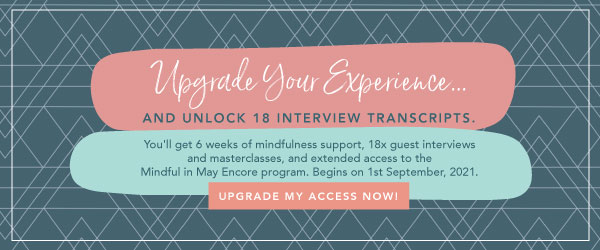 [/accessally_missing_all_tag]
[/accessally_missing_all_tag]
Click here to download the transcript for Dr Elise Bialylew’s interview with Matthieu Ricard.[/accessally_has_any_tag]
Your meditations for today
RAIN Meditation with Dr Tara Brach
Dr. Tara Brach is a Clinical Psychologist whose teachings blend Western psychology and Eastern spiritual practices, mindful attention to our inner life, and a full, compassionate engagement with our world. Tara founded the Insight Meditation Community of Washington, DC (IMCW), which is now one of the largest and most dynamic non-residential meditation centers in the United States. Tara’s podcast receives over 3 million downloads each month. She is also the author of the books Radical Acceptance, True Refuge: Finding Peace & Freedom in Your Own Awakened Heart and Radical Compassion: Learning to Love Yourself and Your World with the Practice of R.A.I.N.
iRest Meditation with Richard Miller
Download the meditation hereDr. Richard Miller is a clinical psychologist, author, researcher and scholar of yoga. He is the founding president of the Integrative Restoration Institute, co-founder of The International Association of Yoga Therapists and founding editor of the professional Journal of IAYT. He is also a founding member and past president of the Institute for Spirituality and Psychology, Senior Advisor to the Baumann Institute, and was the founding president of the nonprofit Marin School of Yoga. He is known for his work on the use of Yoga nidra for rehabilitating soldiers in pain using the iRest methodology.
Welcome to week 2
Today you’ll find two guest meditations. Tara Brach’s longer meditation supports you in applying mindfulness to difficult emotions and Richard Miller’s meditation will support greater relaxation.
Today you’ll hear from Matthieu Ricard, known to many as “the happiest man in the world” (although he doesn’t really like being called that!).
We are very lucky to have Matthieu as one of our guests this year. He is a person of great wisdom, altruism and compassion. He is one of those rare people who deeply and wholeheartedly walks his talk.
He has been the subject of intensive neurological testing with state of the art technology and the results were apparently so surprising that the researchers coined the title, “the happiest man in the world.”
So when Matthieu tells us that we vastly underestimate the power of transformation of the mind, he is well worth listening to!
He speaks of the importance of working on becoming better human beings from the inside out. What he means by that is that to be able to do good work in the world (which is his lifelong commitment), we firstly need to cultivate qualities such as compassion, altruism, and emotional intelligence within ourselves:
“So, in a way, the motto would be ‘transforming yourself to better transform the world or to better serve others’.”
He explains:
“Meditation is one way of doing it, which is bringing to mind, again and again, compassion, and dealing with thoughts more intelligently and so forth, so that’s something we should not underestimate.”
According to Matthieu, it is through mind training that we attain a much greater space of inner freedom. He explains that normally we are easily unsettled in our lives:
I love to draw on Tara Brach’s work in the area of compassion. She does an excellent exercise to help us develop the skills of self-compassion.
Here is an extract from Tara Brach’s book, “Radical Compassion”. If you’ve practised this before, please practise again as I find that it’s hard to remember to pause and do this regularly even though we can be so familiar with it. Repetition is key to integration.
The RAIN exercise:
The acronym RAIN is an easy-to-remember tool for bringing mindfulness and compassion to emotional difficulty.
Recognise what is going on;
Allow the experience to be there, just as it is;
Investigate with interest and care;
Nurture with self-compassion.
You can take your time and explore RAIN as a stand-alone meditation or move through the steps whenever challenging feelings arise.
R-Recognise what’s going on.
Recognising means consciously acknowledging, in any given moment, the thoughts, feelings, and behaviours that are affecting you. This can be done with a simple mental whisper, noting what you are most aware of.
A-Allow the experience to be there, just as it is.
Allowing means letting the thoughts, emotions, feelings, or sensations you have recognised simply be there, without trying to fix or avoid anything.
You might recognise fear, and allow it by mentally whispering, “it’s okay”, “this belongs”, or “yes”.
Allowing creates a pause that makes it possible to deepen attention.
I-Investigate with interest and care.
To investigate, call on your natural curiosity-the desire to know truth-and direct a more focused attention to your present experience.
You might ask yourself: “What most wants attention? How am I experiencing this in my body? What am I believing? What does this vulnerable place want from me? What does it most need?”
Whatever the inquiry, your investigation will be most transformational if you step away from conceptualising and bring your primary attention to the felt-sense in the body.
N-Nurture with self-compassion.
Self-compassion begins to naturally arise in the moments that you recognize you are suffering. It comes into fullness as you intentionally nurture your inner life with self-care.
To do this, try to sense what the wounded, frightened or hurting place inside you most needs, and then offer some gesture of active care that might address this need. Does it need a message of reassurance? Of forgiveness? Of companionship? Of love?
Experiment and see which intentional gesture of kindness most helps to comfort, soften, or open your heart. It might be the mental whisper, “I’m here with you. I’m sorry, and I love you. I love you, and I’m listening. It’s not your fault. Trust in your goodness.”
In addition to a whispered message of care, many people find healing by gently placing a hand on the heart or cheek, or by envisioning being bathed in or embraced by warm, radiant light. If it feels difficult to offer yourself love, bring to mind a loving being-a spiritual figure, family member, friend, or pet-and imagine that being’s love and wisdom flowing into you.
After the RAIN:
When you’ve completed the active steps of RAIN, it’s important to notice the quality of your own presence and rest in that wakeful, tender space of awareness.
The fruit of RAIN is realising that you are no longer imprisoned in or identified with any limiting sense of self. Give yourself the gift of becoming familiar with the truth and natural freedom of your being; it is mysterious and precious!
stay on track
mark off your daily progress here
[progressally_objectives]
[progressally_progress_pie_chart size=”80″]

DONATE HERE
If you’d like to make a donation and be part of this impact you can still do so right here – every $50 will bring clean water to one person for life!
DONATE NOW
Bonus Interviews
Watch Elise’s conversations with three leading wellbeing experts, Judson Brewer, Kristin Neff and Rick Hanson.
WATCH NOW Back to Mindful in May